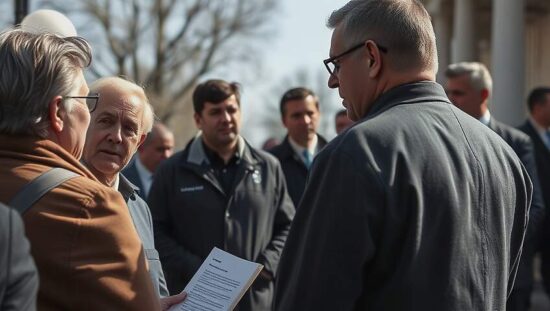The escalating controversy surrounding Culture Minister Wolfram Weimer and allegations of impropriety have prompted a cautious response from Bavaria’s Minister-President Markus Söder, highlighting a complex interplay of political loyalty and growing public scrutiny. Weimer, founder of the Ludwig-Erhard Summit, has faced accusations of offering preferential access and influence over political decision-making to attendees willing to pay substantial fees, reportedly reaching up to €80,000.
While Chancellor Friedrich Merz has publicly dismissed the allegations as unfounded, Söder’s response reveals a carefully calibrated distance. When pressed by “Focus” magazine to evaluate the affair, Söder deflected, stating that Merz was “better placed” to judge the situation. This subtle avoidance, coupled with his acknowledgment of a “greater closeness” and familiarity between Weimer and Merz stemming from shared activities, suggests a hesitancy to directly endorse Weimer’s actions.
Söder emphasized his initial decision to appoint Weimer to the Chancellery, grounding his position in a narrative of trust and personal judgment. However, the subsequent wave of criticism has clearly impacted the political landscape. Critically, Söder underscored that personnel decisions rest solely with the Chancellor, effectively reinforcing Merz’s public support for Weimer and limiting the scope for Bavarian intervention.
The situation has triggered a review by the Bavarian State Chancellery into previous financial support provided to the Ludwig-Erhard Summit, a move Söder characterized as a matter of taking the concerns “seriously”. He reaffirmed Bavaria’s commitment to maintaining a rigid separation between party interests and official duties, a vital principle increasingly under pressure.
Concluding his remarks, Söder delivered a pointed observation that underscored the precariousness of the situation: “One must decide between blue lights and accounts”. This stark choice explicitly frames the controversy within a broader question of ethical conduct for those in public office, suggesting a tacit recognition of the inherent conflict between pursuing personal financial gain and maintaining political integrity. The statement raises significant questions about the prevailing culture of influence-peddling and the boundaries of acceptable behavior within German politics.





